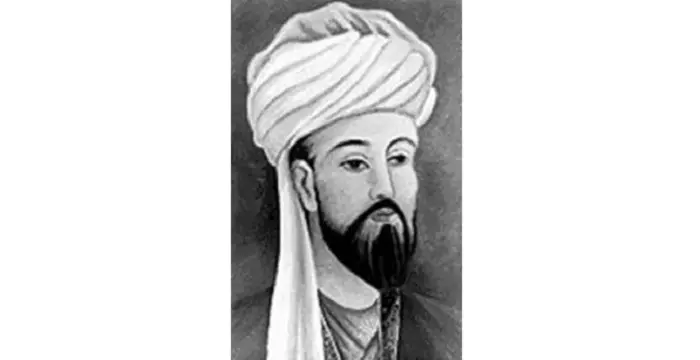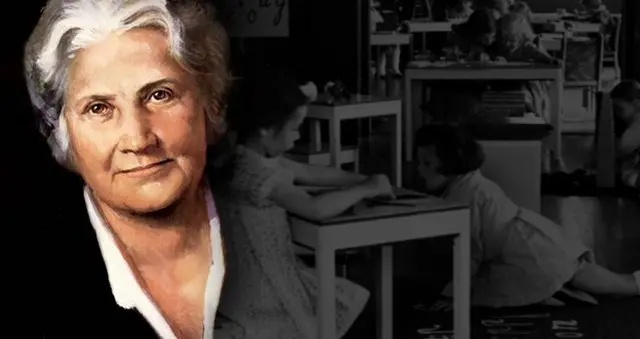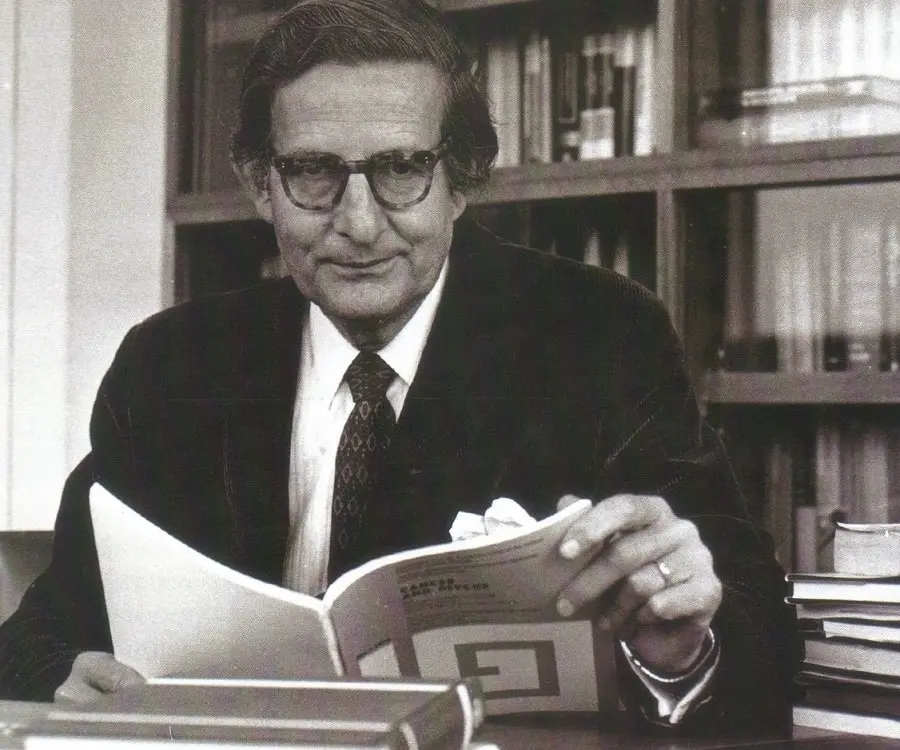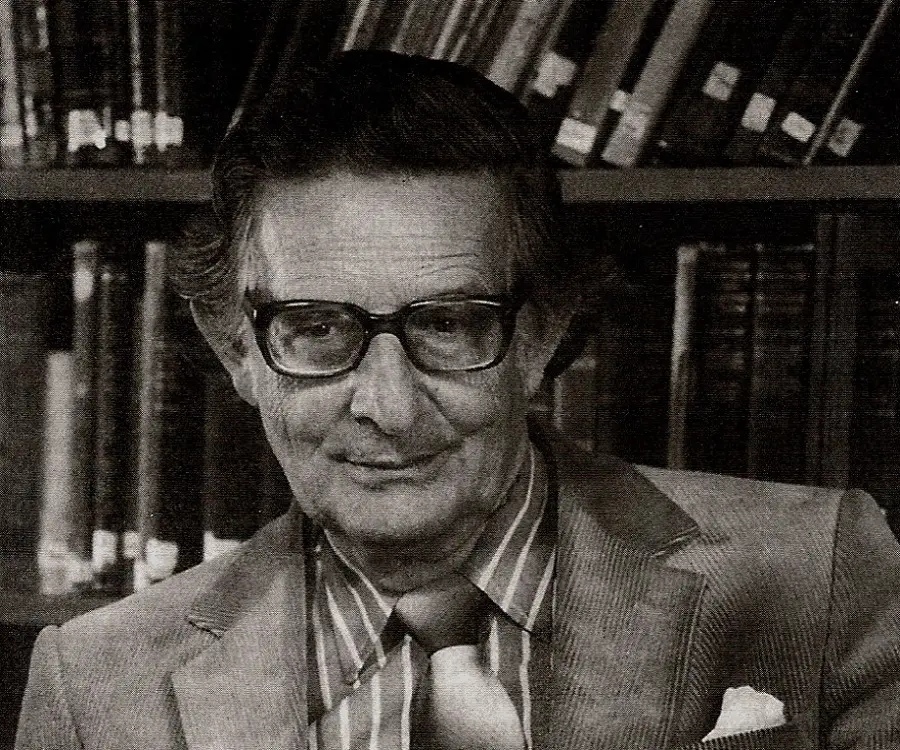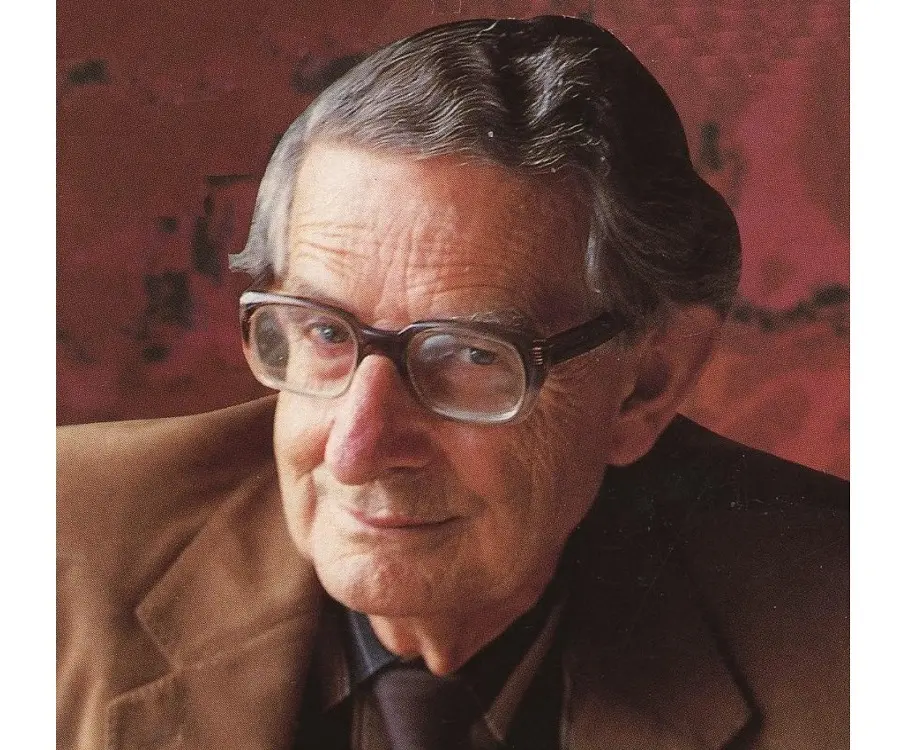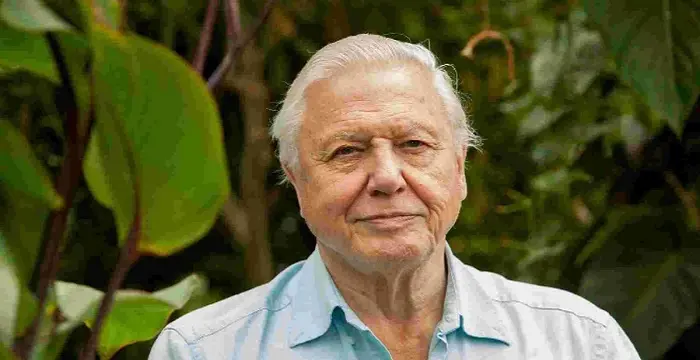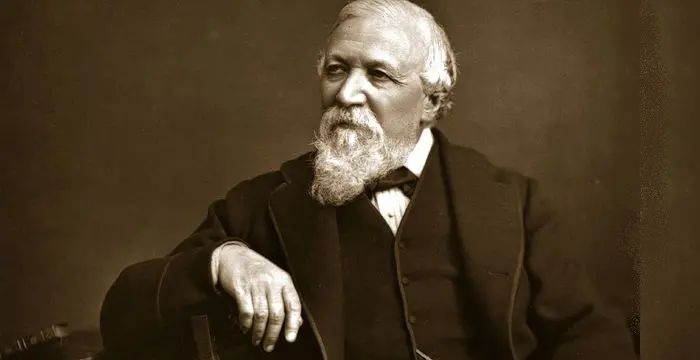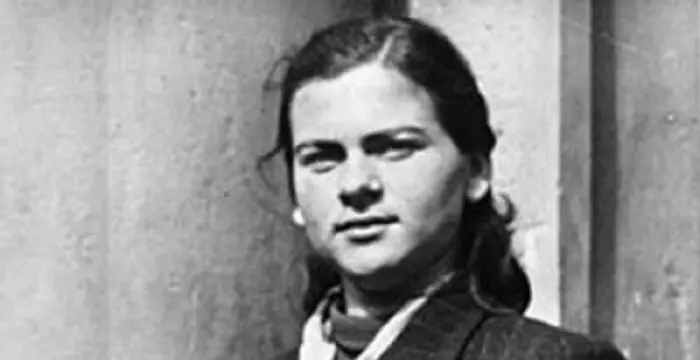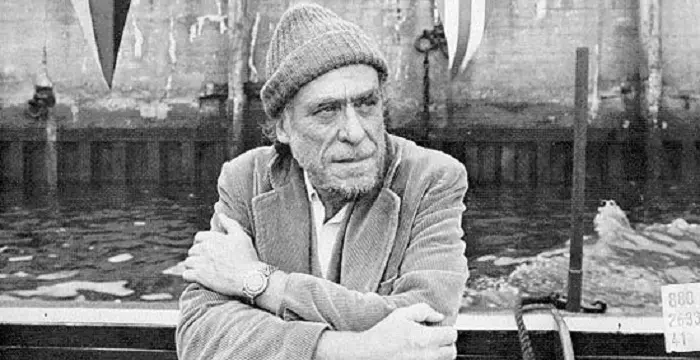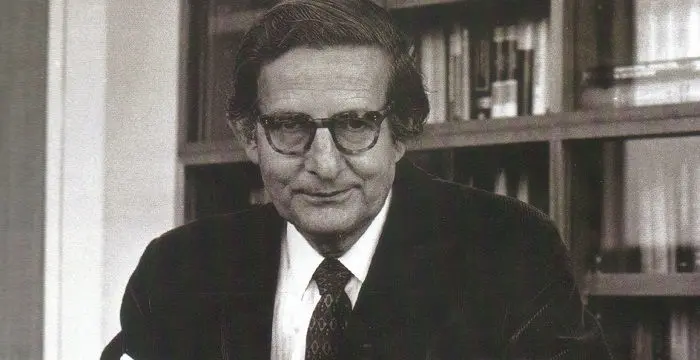
Hans Eysenck - Physicians, Facts and Life
Hans Eysenck's Personal Details
Hans Eysenck was a psychologist, world renowned for his work on intelligence and personality
| Information | Detail |
|---|---|
| Birthday | March 4, 1916 |
| Died on | September 4, 1997 |
| Nationality | German |
| Famous | University College London, Physicians |
| Universities |
|
| Notable Alumnis |
|
| Birth Place | Berlin, Germany |
| Gender | Male |
| Sun Sign | Pisces |
| Born in | Berlin, Germany |
| Died at Age | 81 |
// Famous Physicians
Al-Zahrawi
Al-Zahrawi, was an illustrious medieval Arab Muslim physician and surgeon. Check out this biography to know about his childhood, family life, achievements and interesting facts about him.
Jabir Ibn Hayyan
Jabir Ibn Hayyan was a medieval era polymath. Check out this biography to know about his life, works and achievements.
Maria Montessori
Maria Montessori was a physician and educator who developed the approach of Montessori education. This biography of Maria Montessori provides detailed information about her childhood, life, achievements, works & timeline.
Hans Eysenck's photo
Who is Hans Eysenck?
Hans Eysenck was a German born prominent psychologist who professionally practiced in Great Britain and is considered one of the foremost figures in postwar British psychology. A brilliant and outspoken individual, he often courted controversies with his arguments that attacked several beliefs, deeply held by the scientific fraternity. He was an extremely vocal critic of psychoanalysis and psychotherapy and believed that psychotherapy offered no effectiveness in the treatment of mental illnesses. He was highly criticized and even threatened when he made public his research on the role of genetics in determining the IQ of human beings. Born into a family of stage and film entertainers, it was believed that the young Hans would follow in his parents’ footsteps. But he did not and instead carved a place for himself as one of the most famous psychologists of the 20th century. He was one of the most frequently cited psychologists and was regarded as a prolific popularizer of psychology. He left Germany in opposition of the Nazi regime and made U.K. his home. He completed his education in London and was mentored by the eminent psychologist Cyril Burt who was known for his research on the heritability of IQ—a work which his protege furthered. Eysenck was also a prolific writer who had more than 75 books and 1600 journal articles to his credit.
// Famous University College London
Pietro Boselli
Pietro Boselli is an Italian model, engineer, teacher, and fitness athlete who became famous as the ‘world’s sexiest math teacher’. Check out this biography to know about his birthday, childhood, family life, achievements and fun facts about him.
David Attenborough
Sir David Attenborough is an English broadcaster and naturalist. This biography offers detailed information about his childhood, life, works, achievements, trivia and timeline.
Robert Browning
Robert Browning was a famous English poet and playwright. Check out this biography to know about his childhood, family life, achievements and other facts about his life.
Childhood & Early Life
He was born in Germany as the only child of film star Ruth Werner (stage name Helga Molander) and nightclub entertainer Eduard Anton Eysenck. His parents separated when he was very young and he was primarily raised by his maternal grandmother who was later killed in a concentration camp.
He completed his schooling from Prinz-Heinrichs-Gymnasium in Berlin.
He vehemently opposed Hitler and the Nazi regime and moved to London in 1934. His father stayed back and joined the Nazi party much to Hans’s disgust. Initially he faced many problems in London due to his German origins.
He enrolled at Pitman’s College in London for the winter session of 1934-35. He then shifted to University College to study psychology and graduated in 1938.
He worked on his PhD from the Department of Psychology in University College under the noted Professor Sir Cyril Burt. He completed his PhD in 1940.
Career
The World War II was escalating at the time when Eysenck completed his doctorate. He was still a German citizen at that time and was therefore unable to get a good job. He spent a little while working as a firewatcher.
By 1942 the tensions had eased a bit and he was able to get a job as a researcher psychologist at the Mill Hill Emergency Hospital in Northern London.
After the war, a new Institute of Psychiatry (IoP) was established as a postgraduate training and research facility at the University of London. He was chosen to head the department and held this post till his retirement in 1983.
He was provided the freedom to organize the department according to his research priorities. He was intrigued by the psychometric descriptions of personality and published the results of his experiments in ‘Dimensions of Personality’ in 1947.
In his 1952 work, ‘The Scientific Study of Personality’, he gave a factor psychoticism which was constructed around the idea that psychotic disorders differed in terms of introversion-extraversion (I-E).
He wrote a paper in 1952 in which he reported that two-thirds of the mental patients recover within two years irrespective of whether they receive psychotherapy or not. His act of questioning the effectiveness of psychotherapy created considerable controversy.
In 1955, Hans Eysenck became a full professor at the IoP and acquired British citizen.
He was of the view that I-E and neuroticism were linked to the concepts of excitation, inhibition and anxiety drive strength. He published his research findings in the 1957 book, ‘The Dynamics of Anxiety and Hysteria’.
By the late 1950s he began advocating that psychologists practice behavioral treatment, and the 1960s came to be known as the era of behaviour therapy in British clinical psychology. During this period he edited several books on the subject.
During the late 1960s he began his work on researching the link between intelligence and heredity.
He published his book ‘Race, Intelligence, and Education’ in 1971 in which he argued that differences in the IQ scores of blacks and white was in part due to heredity. The book was considered controversial at that time.
He was a prolific writer who published numerous books and journal articles which became extremely popular in Britain. He also made several media appearances and remained involved in scientific research up until his death.
Major Works
He was the most influential psychologist in postwar Britain and is best known for his research on the heritability of intelligence though his works covered diverse fields like tobacco use, genetics, politics, and astrology.
Awards & Achievements
He was presented the William James Fellow Award by the Association for Psychological Science in 1990 in recognition of a lifetime of distinguished contribution to psychological science.
Personal Life & Legacy
He married Margaret Davies in 1938. The marriage, however, broke up later on. They had one son Michael who later became a renowned psychologist himself.
He later married personality psychologist Sybil Bianca Giuliett. They had a happy marriage that produced four children and lasted till his death.
He died of a brain tumour at the age of 81 in London.
Trivia
His works sometimes created such widespread controversies that he was physically attacked during a speech and his children received threats to their lives.
// Famous Pisces Celebrities peoples
Christine Baumgartner
Christine Baumgartner is an American model and the wife of famous American actor Kevin Costner. Check out this biography to know about her birthday, childhood, family life, achievements and fun facts about her.
Galina Becker
Galina Becker is a former athlete and fitness model from America. Check out this biography to know about her birthday, childhood, family life, achievements and fun facts about her.
Nikkie De Jager
Check out all that you wanted to know about Nikkie De Jager, the famous Dutch Makeup artist; her birthday, her family and personal life, her boyfriends, fun trivia facts and more.
Hans Eysenck biography timelines
- // 4th Mar 1916He was born in Germany as the only child of film star Ruth Werner (stage name Helga Molander) and nightclub entertainer Eduard Anton Eysenck. His parents separated when he was very young and he was primarily raised by his maternal grandmother who was later killed in a concentration camp.
- // 1934He vehemently opposed Hitler and the Nazi regime and moved to London in 1934. His father stayed back and joined the Nazi party much to Hans’s disgust. Initially he faced many problems in London due to his German origins.
- // 1934 To 1938He enrolled at Pitman’s College in London for the winter session of 1934-35. He then shifted to University College to study psychology and graduated in 1938.
- // 1938He married Margaret Davies in 1938. The marriage, however, broke up later on. They had one son Michael who later became a renowned psychologist himself.
- // 1940He worked on his PhD from the Department of Psychology in University College under the noted Professor Sir Cyril Burt. He completed his PhD in 1940.
- // 1942By 1942 the tensions had eased a bit and he was able to get a job as a researcher psychologist at the Mill Hill Emergency Hospital in Northern London.
- // 1947He was provided the freedom to organize the department according to his research priorities. He was intrigued by the psychometric descriptions of personality and published the results of his experiments in ‘Dimensions of Personality’ in 1947.
- // 1952In his 1952 work, ‘The Scientific Study of Personality’, he gave a factor psychoticism which was constructed around the idea that psychotic disorders differed in terms of introversion-extraversion (I-E).
- // 1952He wrote a paper in 1952 in which he reported that two-thirds of the mental patients recover within two years irrespective of whether they receive psychotherapy or not. His act of questioning the effectiveness of psychotherapy created considerable controversy.
- // 1955In 1955, Hans Eysenck became a full professor at the IoP and acquired British citizen.
- // 1957He was of the view that I-E and neuroticism were linked to the concepts of excitation, inhibition and anxiety drive strength. He published his research findings in the 1957 book, ‘The Dynamics of Anxiety and Hysteria’.
- // 1971He published his book ‘Race, Intelligence, and Education’ in 1971 in which he argued that differences in the IQ scores of blacks and white was in part due to heredity. The book was considered controversial at that time.
- // 1990He was presented the William James Fellow Award by the Association for Psychological Science in 1990 in recognition of a lifetime of distinguished contribution to psychological science.
- // 4th Sep 1997He died of a brain tumour at the age of 81 in London.
// Famous German peoples
Jordan Carver
Jordan Carver is a famous German model. Let’s take a close look at her personal life, including her age, career, net worth, achievements and some fun facts.
Jürgen Klopp
Jürgen Klopp is a German football manager, and a former professional football player. Check out this biography to know more about his childhood, family, personal life, etc.
Irma Grese
Irma Grese was a notorious German Nazi concentration camp guard during the Second World War. This biography profiles her childhood, life, horrifying acts, death and other facts.
Juliane Koepcke
Juliane Koepcke is a German-Peruvian biologist, who was the lone survivor among the 92 passengers and crew of the ill-fated LANSA Flight 508 that crashed in the Peruvian rainforest on 24 December 1971. Know more about her life in this biography.
Jawed Karim
Jawed Karim is a German-American internet entrepreneur, technologist and co-founder of the video-sharing website, YouTube. Check out this biography to know about his childhood, family, personal life, achievements, age, etc.
Charles Bukowski
Charles Bukowski was a German-born American novelist, short story writer and poet. With this biography, learn in details about his childhood, life, works, career and timeline
Hans Eysenck's FAQ
What is Hans Eysenck birthday?
Hans Eysenck was born at 1916-03-04
When was Hans Eysenck died?
Hans Eysenck was died at 1997-09-04
Which age was Hans Eysenck died?
Hans Eysenck was died at age 81
Where is Hans Eysenck's birth place?
Hans Eysenck was born in Berlin, Germany
What is Hans Eysenck nationalities?
Hans Eysenck's nationalities is German
What was Hans Eysenck universities?
Hans Eysenck studied at University College London
What was Hans Eysenck notable alumnis?
Hans Eysenck's notable alumnis is University College London
What is Hans Eysenck's sun sign?
Hans Eysenck is Pisces

